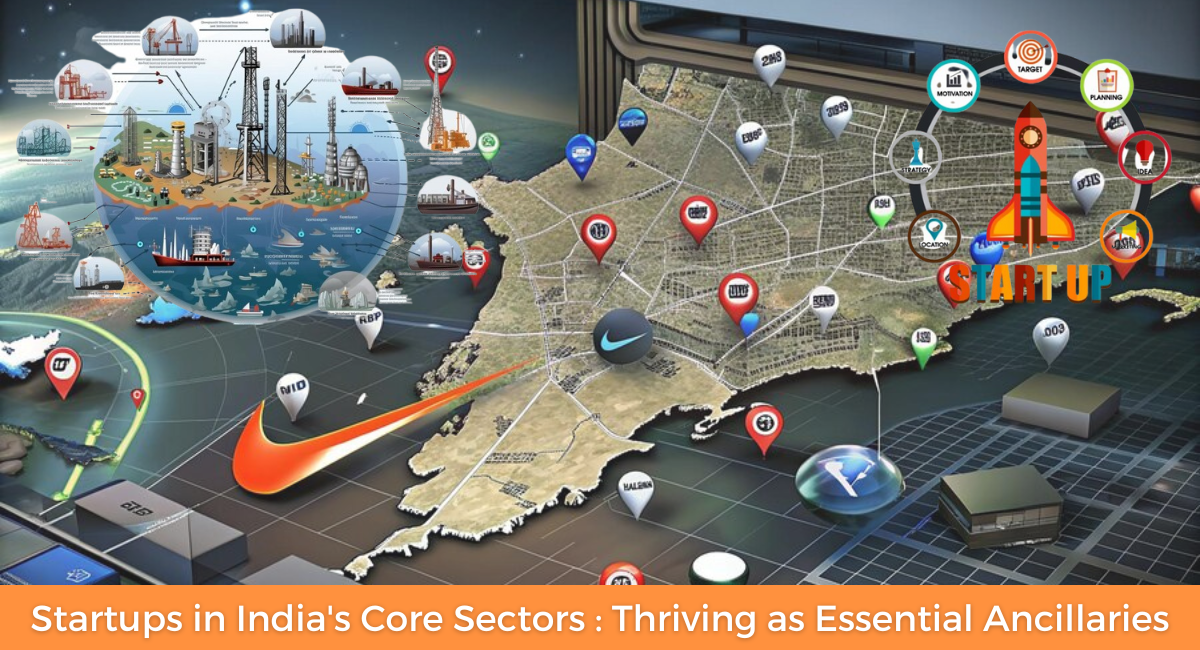
Startups in India’s core sectors are witnessing a notable growth of 6.2 percent in April 2024, compared to 6 percent in the previous month. This uptick, driven by robust expansion in the production of natural gas, refinery products, and electricity, presents a fertile ground for startups to emerge as vital ancillary players. The growth trajectory of these sectors, including coal, crude oil, natural gas, refinery products, fertilizer, steel, cement, and electricity, highlights multiple avenues where innovative startups can make significant contributions.
Natural Gas: Enhancing Efficiency and Sustainability
The natural gas sector’s expansion offers startups a chance to innovate in efficiency and sustainability. Startups can develop advanced sensor technologies for real-time monitoring and leak detection in pipelines, enhancing safety and reducing environmental impact. Additionally, startups specializing in renewable energy integration can explore hybrid systems combining natural gas and renewable sources, optimizing energy production and consumption.
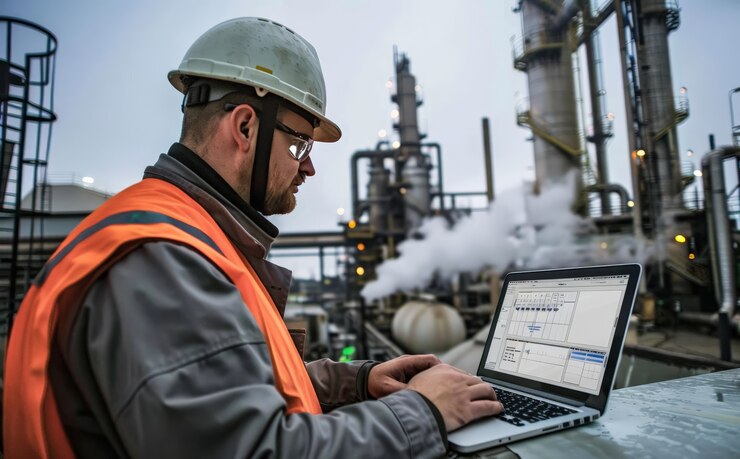
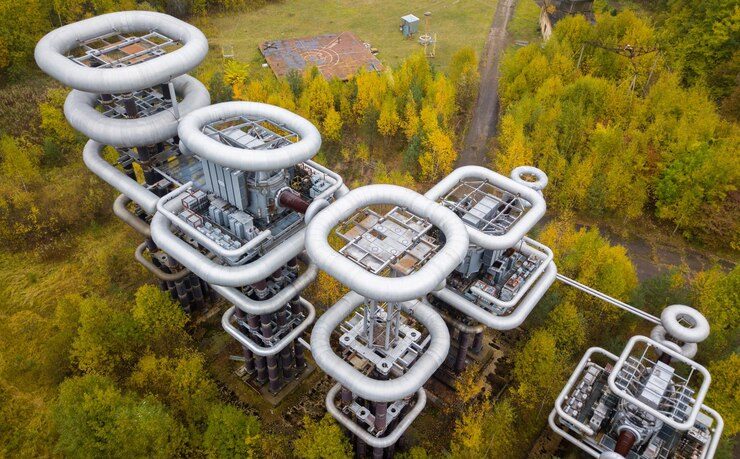
Refinery Products: Digital Transformation and Waste Management
In the refinery products sector, there is ample scope for startups to drive digital transformation. Solutions involving AI and machine learning can optimize refining processes, improving yield and reducing operational costs. Moreover, startups focusing on waste management can develop technologies for recycling and repurposing refinery by-products, contributing to a circular economy and reducing the environmental footprint of refineries.
Electricity: Smart Grids and Energy Storage
The electricity sector’s growth opens doors for startups to innovate in smart grid technologies and energy storage solutions. Smart grid systems can enhance the efficiency and reliability of electricity distribution, while startups specializing in energy storage can develop advanced battery technologies to store surplus energy generated from renewable sources. This will ensure a steady and reliable power supply, even during peak demand periods.
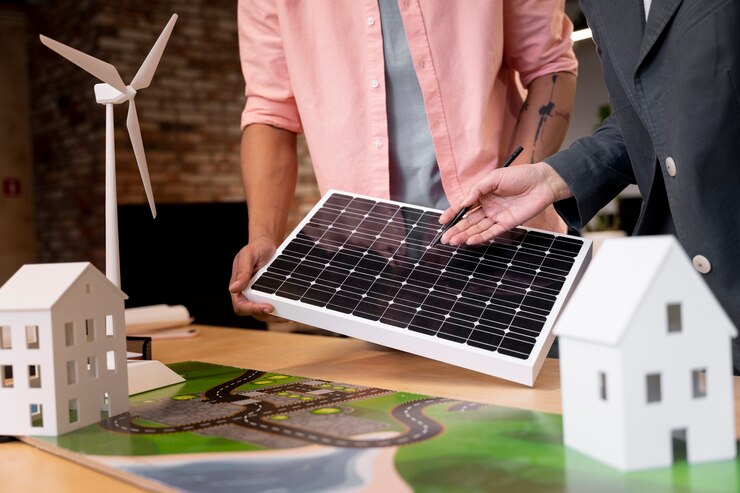
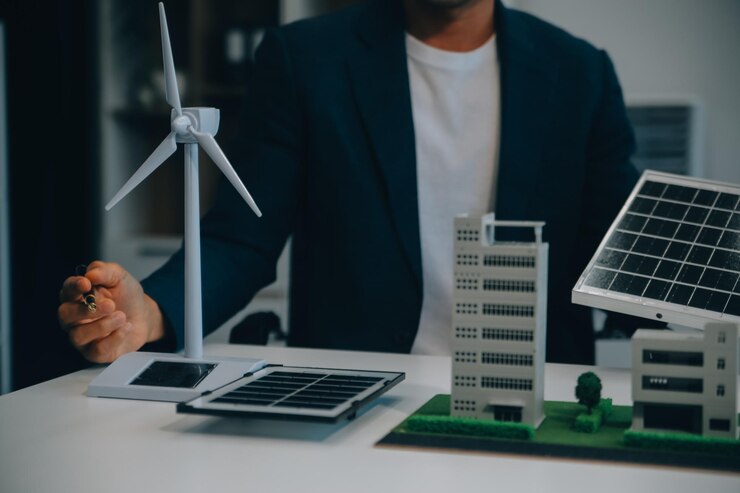
Coal: Clean Coal Technologies and Automation
Despite the slower growth in coal production, there remains a critical need for clean coal technologies. Startups can focus on developing carbon capture and storage (CCS) technologies to reduce greenhouse gas emissions from coal-fired power plants.
Additionally, automation and robotics startups can provide solutions for safer and more efficient mining operations, addressing both productivity and safety concerns.
Steel: Advanced Manufacturing and Recycling
The steel sector’s slower growth rate suggests potential for innovation in advanced manufacturing and recycling. Startups can develop 3D printing technologies using steel, enabling more efficient production of complex components. Recycling startups can focus on creating closed-loop systems for steel scrap, ensuring that waste materials are repurposed and reintroduced into the manufacturing process, thus promoting sustainability.
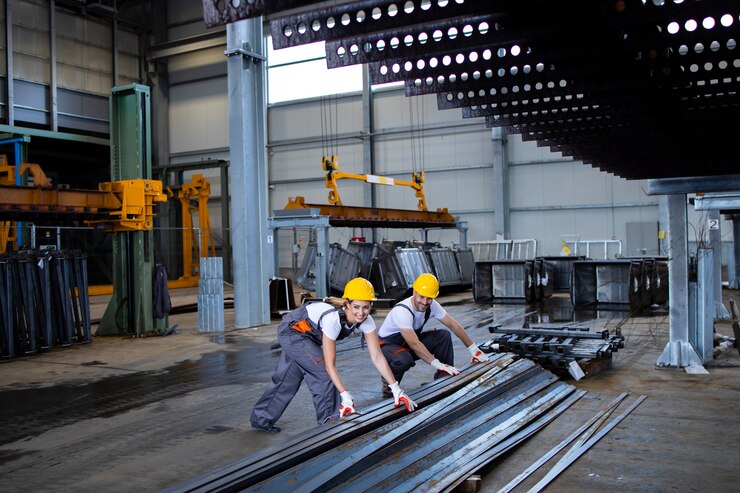
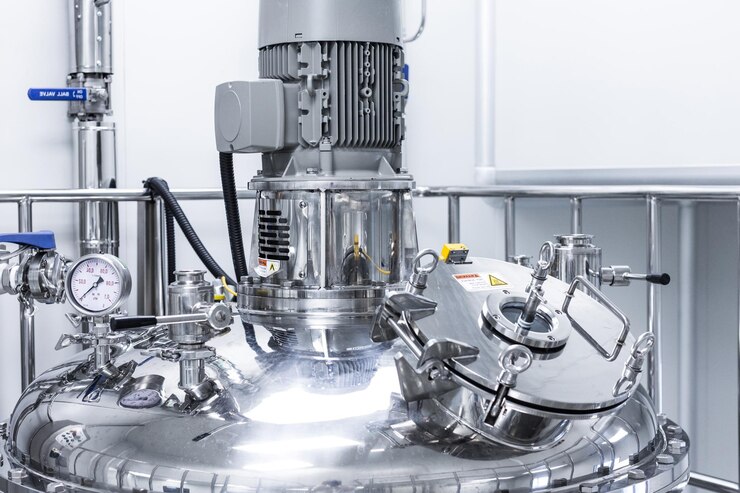
Cement: Sustainable Materials and Construction Technologies
With cement production experiencing a significant slowdown, there is an urgent need for sustainable materials and construction technologies. Startups can develop alternative, eco-friendly cement formulations that reduce carbon emissions.
Furthermore, startups specializing in construction technology can introduce modular construction methods, which use prefabricated components to reduce construction time and waste.
Fertilizer: Precision Agriculture and Biodegradable Solutions
In the fertilizer sector, startups have opportunities to advance precision agriculture and biodegradable solutions. Technologies such as soil sensors and AI-driven analytics can optimize fertilizer use, improving crop yields and minimizing environmental impact. Additionally, startups can develop biodegradable fertilizers that release nutrients slowly, enhancing soil health and reducing pollution.
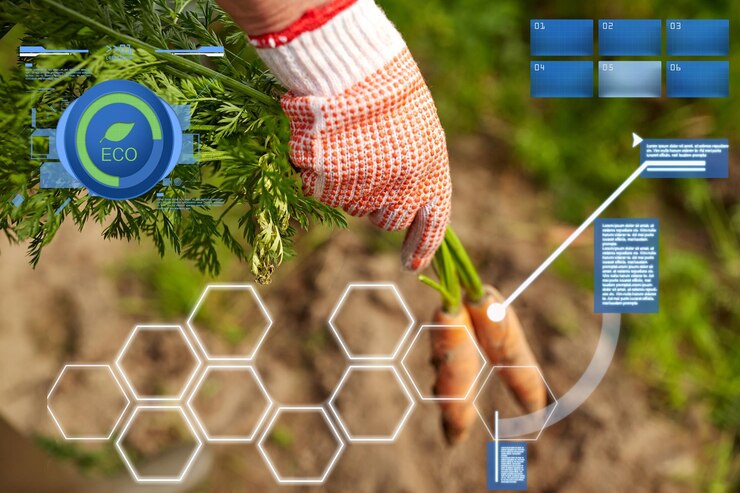
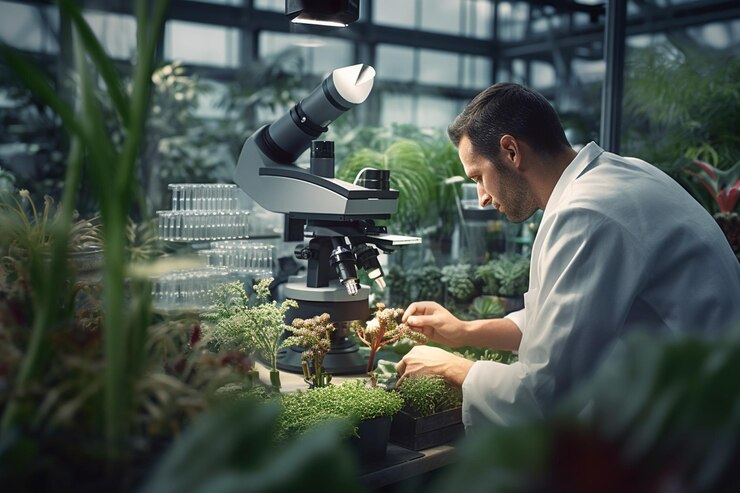
Specific Areas for Startup Involvement
- IoT and Smart Technologies: Implementing IoT devices for real-time monitoring and predictive maintenance across all sectors.
- AI and Machine Learning: Optimizing production processes and predictive analytics to improve efficiency and reduce downtime.
- Sustainability Initiatives: Developing eco-friendly products and technologies to reduce the environmental impact of core sectors.
- Recycling and Waste Management: Innovating in waste reduction and recycling methods, particularly for refinery by-products and industrial waste.
- Energy Storage and Management: Creating advanced energy storage solutions to support renewable energy integration and stabilize power grids.
- Automation and Robotics: Enhancing safety and efficiency in mining, manufacturing, and construction through automation.
Conclusion
The growth of India’s core sectors presents a myriad of opportunities for startups to emerge as crucial ancillary players. By focusing on innovation, sustainability, and efficiency, startups can not only thrive but also contribute significantly to the growth and modernization of these sectors.
As India continues to industrialize and urbanize, the role of startups in driving technological advancements and sustainable practices will be more critical than ever.
IS360 Can be Reached at
Sharing is caring!

